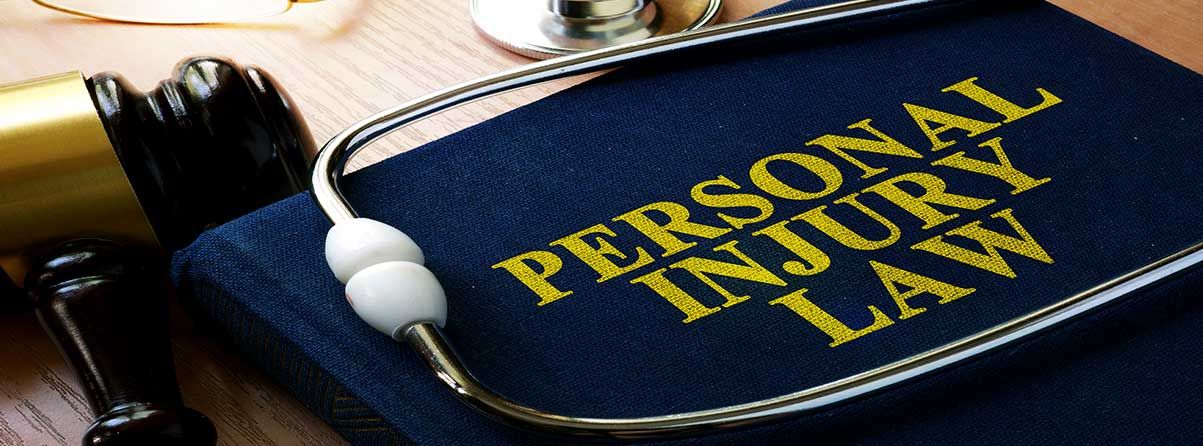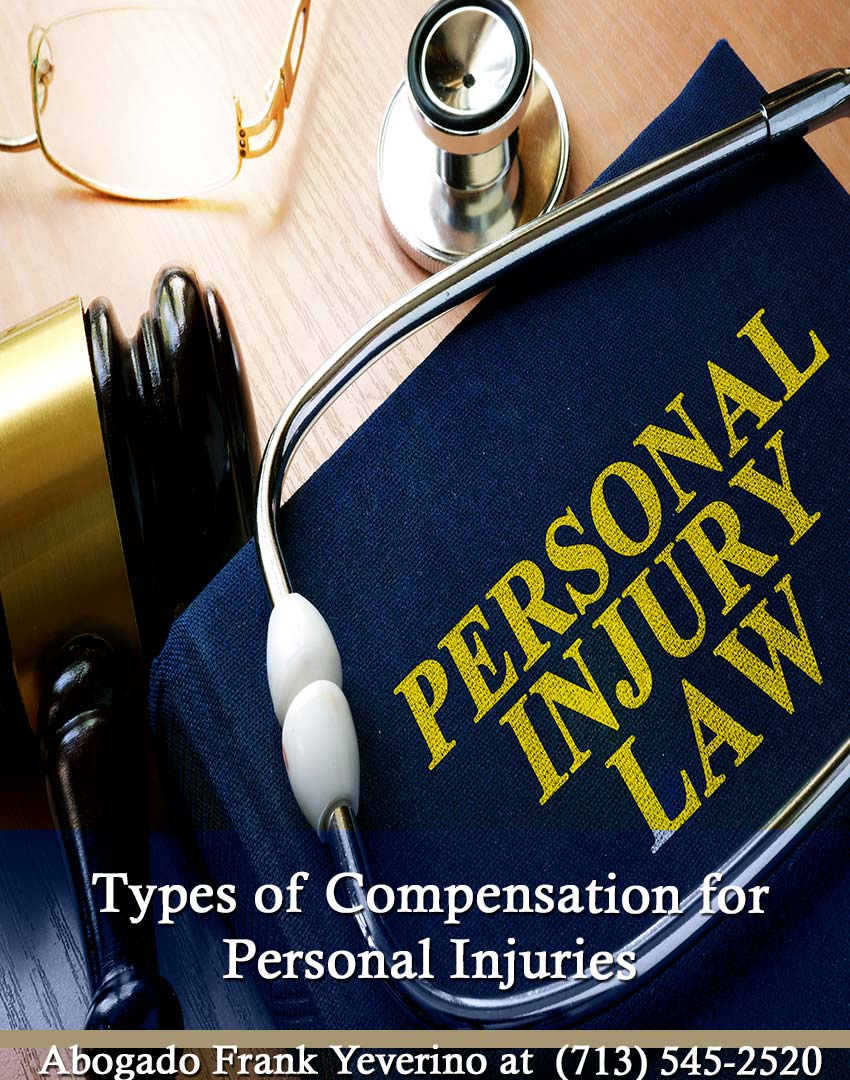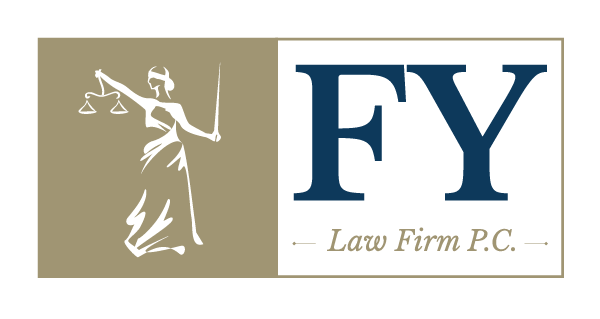
The Fy Law Firm
Types of Compensation for Personal Injuries
In a personal injury case, if you've suffered an injury, property damage, or any other kind of loss, as the plaintiff you may seek compensation from whoever caused or contributed to those losses. The legal term for this kind of compensation is "damages."
The two basic categories of damages awarded in personal injury claims are compensatory and punitive.
There are many different types of compensatory damages but broadly speaking, they are broken down into general or special damages. Compensatory damages seek to reimburse or compensate an injured party for the harm they have suffered, and these kinds of damages are available in almost all injury cases -- including auto accident, medical malpractice, and slip and fall cases.
Compensatory damages are also awarded in wrongful death cases, but the damages available in these cases are often unique and not typically found elsewhere.
Punitive damages, on the other hand, are only awarded in a small number of cases. Punitives are in no way tied to the type of harm that has been suffered but are awarded to punish the wrongdoer for certain types of despicable behavior. Both punitive and compensatory damages are awarded directly to the injured party or plaintiff.
Let's take a closer took at the different kinds of compensation available to a plaintiff in a personal injury case.
Special Compensatory Damages
Special damages compensate for monetary expenses incurred because of an injury. They are unique to the individual victim and vary significantly from one party to the next. An award of special damages should make a victim whole for expenses incurred or for money lost due to the incident or accident that caused their injuries.
Special damages cover any expense or loss related to an injury, and there is no limit to the types of special damage claims that can be made, or to the amount an injured party can claim. Some of the more common types of special damages are:
- loss of earnings
- loss of future earnings
- medical bills
- cost of future medical care
- household expenses, and
- costs associated with cancelled trips or altered plans
General Compensatory Damages
General damages compensate an injured individual for non-monetary damages incurred in an injury claim. They are called general damages because they address harm that is typically or “generally” sustained in an injury. All personal injury victims are expected to have at least some general damages. The most common types of general damages are:
- pain and suffering
- mental anguish, and
- loss of consortium or companionship
Wrongful Death Damages
A wrongful death claim provides damages for surviving family and loved ones. The most common wrongful death damages include:
- funeral and burial expenses
- cost of pre-death medical care
- emotional distress of surviving family and loved ones
- loss of financial contribution
- loss of services and support, and
- loss of companionship and consortium
Punitive Damages
Punitive damages are only awarded to an injured plaintiff when the wrongful behavior of the defendant was despicable or reprehensible. A common scenario where punitive damages are awarded arises when a defendant is found guilty of wanton or malicious acts or of fraud. These acts might include aggravated battery, sexual assault, or fraudulent behavior that causes widespread financial harm. Occasionally, in high-profile injury cases such as those involving defective products or health risks linked with prescription drugs, juries will award punitive damages against product manufacturers and other defendants who have "deep pockets."
Collecting Damages
A plaintiff becomes entitled to damages in a personal injury claim once a settlement has been reached or after a judgment/award in court. Receiving the damages award and actually collecting the money, however, are two very different things.
Defendants on the hook to pay a damages award may or may not be able to satisfy the entire award and might be unwilling to pay it at all. A plaintiff’s attorney can help with the collection process by discovering undisclosed assets, placing liens on property, and even garnishing wages. Also providing motivation for defendants who owe damages is the fact that interest accrues on most damages awards until they are paid in full. If the defendant responsible for paying damages has liability insurance, the insurance company will usually pay a valid damages award or settlement without hassle, up to the liability limits.
source: alllaw
If you are undocumented and need Legal Help for DWI or DUI, Without a License, Drugs' Possession or Domestic Violence. You can contact Attorney Frank Yeverino (713) 545-2520, who specializes in Undocumented Criminal Defense of the, he will take personally the call to assist you directly and quickly. The Fy Law Firm helps you.

The Fy Law Firm
Drunk Driving, Driving Under the Influence DWI, Driving Under the Influence DUI, Accidents, Personal Injury Compensation, Claim for Personal Injury, Personal Injuries, Possession of Drugs, Criminal, Drug Related Offenses, Drug traffic, Possession of Marijuana, Domestic violence, False Charges of Violence, Arrest for Domestic Violence, Family Cases, Divorces, Legal Custody of Children, Child Support, Alimony, Driving without a Driver's License, Driving without a License, Arrest for Driving without a License, Drive with Expired License, Locate my husband with the ID, Federal Crimes, Undocumented, Criminal Defense for the Undocumented, Criminal Defense for Immigrants, Defense for Immigrants, The Fy Law Firm

